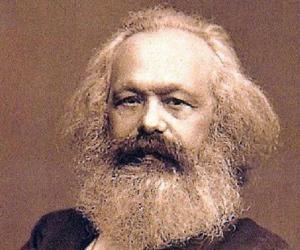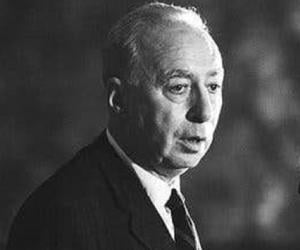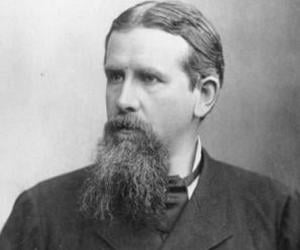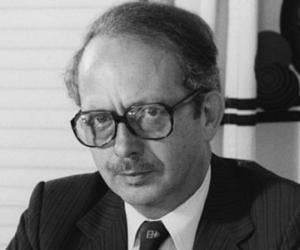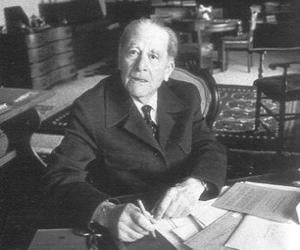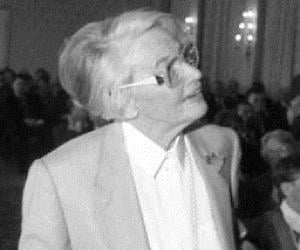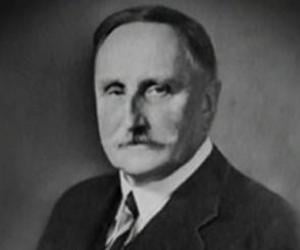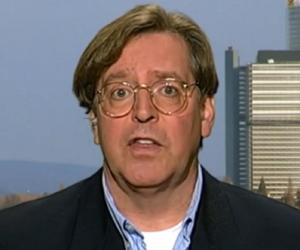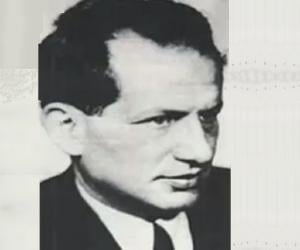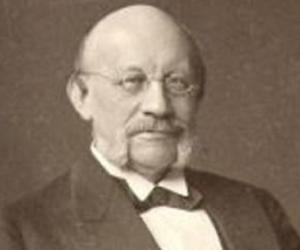1
Karl Marx
(Philosopher & Economist - Famous for His Theory of 'Marxism' )
Birthdate: May 5, 1818
Sun Sign: Taurus
Birthplace: Trier, Germany
Died: March 14, 1883
Karl Marx was a German-born philosopher, economist, historian, sociologist, journalist, and revolutionary socialist. He is best known for his works, including The Communist Manifesto and Das Kapital, which analyze capitalism using historical materialism. Marx critiqued and developed Hegel's ideas, collaborated closely with Friedrich Engels, and was active in the Communist League. He predicted the self-destruction of capitalism and the rise of socialism. Marx's ideas, collectively known as Marxism, have had a profound impact on intellectual, economic, and political history.
